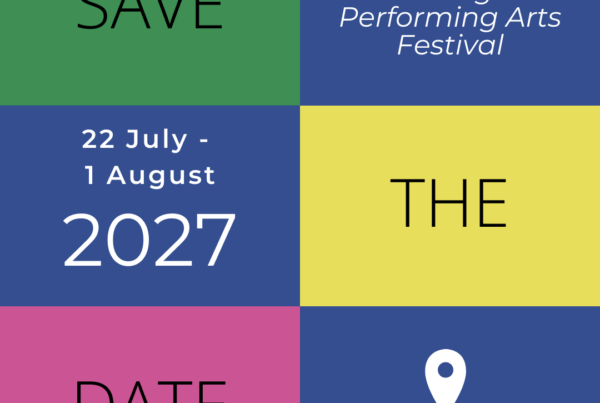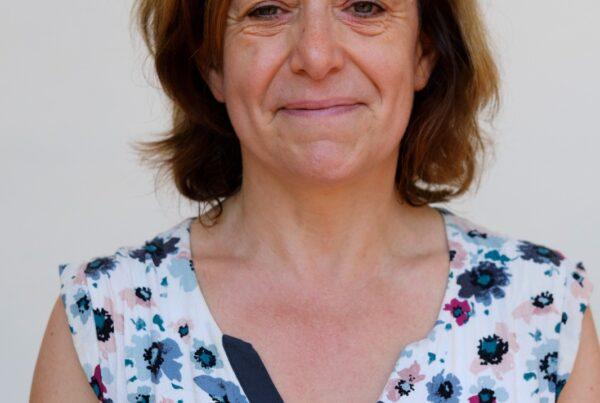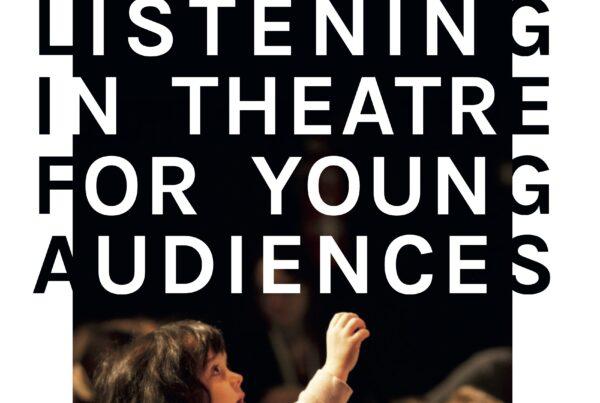Encounter and exchange are among the pillars of Cultural Policies when we aim at the promotion of Diversity of Cultural Expression. But most would agree that our actions to make this a reality have not yet lived up to our own words. What could be innovative and – more important – integrative models of a truly “fair” cooperation?
“Over the past fifty years, cultural policy has developed several approaches to international exchange that now need a makeover towards new models for integrated programs of cultural co-operation beyond eurocentrism. These need to be more innovative than mere funding schemes for artists or an idea of cultural diplomacy as a tool for conflict-management.” (Professor Dr. Wolfgang Schneider, UNESCO-Chair in Cultural Policy for the Arts in Development and Director of the Institute for Cultural Policy of the University of Hildesheim).
Working for 25 years for international, intercultural cooperation in performing arts for young audiences has affected the way I perceive my own identity. Being born in Brazil but having lived abroad most of my life, I have come a long way becoming an advocate for the space of Latin American culture in the world and embracing the importance of diversity of cultural expression everywhere and for everyone.
We are luckily moving away from old clichés and prejudice of lack of quality or professionalism in the cultural production of the Global South towards new paradigms that recognize the wealth of creative energy in our regions. We have a right to a sit at the table, our voice has the right to be heard everywhere. It is also a fight for representation of a multicultural society unjustly perceived as a threat by the growing far-right ideology that is spreading like a plague in the whole world.
The paradoxical effects of mobility funds
Mobility funds are the key factor for real cultural diversity in the performing arts. Countries that offer support to their professionals to access international platforms, achieve tremendous development towards the sustainability of the local artistic production. But if we are to promote real diversity of cultural expression, we need to pose challenges to usual models of international cooperation based on promoting local artists and following national interests and focus countries.
This creates an unbalance where countries that give support for work to travel are almost overrepresented internationally and those who do not have support are invisible. It also means that professionals from countries not considered to be of national priority will not be invited to key international networking events.
Advantages of inverting travel routes for multipliers
Under this perspective, I would like to stress the importance of initiatives that offer tremendous opportunities to experience shows in the cultural context they have been created that would perhaps never appear internationally for the lack of local funds to travel.
CRADLE OF CREATIVITY FESTIVAL in Cape Town, South Africa ( 20-25 August 2019) and 2nd FITA CHILE (2-5 November 2019 in Santiago, Chile) are unique opportunities that deserve all institutional support so delegates from all over the world join to get to know, celebrate, and start a dialogue with artists that will indeed fulfil our dream of diversity of cultural expression.
CRADLE OF CREATIVITY
Due to the success of the original event, the ASSITEJ World Congress and Festival in Cape Town 2017, ASSITEJ SA has launched CRADLE OF CREATIVITY as a new international TYA festival and conference to take place for the first time in August 2019 in Cape Town. Thereafter it will rotate every two years to a different part of South Africa.
FITA CHILE
is a biennial showcase of Ibero-American works organized by TeVeo Assitej Chile and Amazonas Network. FITA CHILE seeks to establish itself as a space for internationalisation and artistic exchange that enables and promotes the visibility of the Ibero-American performing arts potential vis-à-vis national and international programmers, managers and producers. It is a place for encounter and exchange for the whole ecosystem of the Preforming Arts for Young Audiences.
Both events are doing a tremendous effort to organize a representative showcase of the work produced in each respective continent, and arts councils everywhere should dedicate funds to send programmers and artists!






